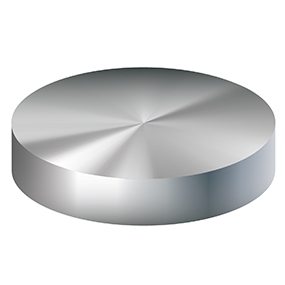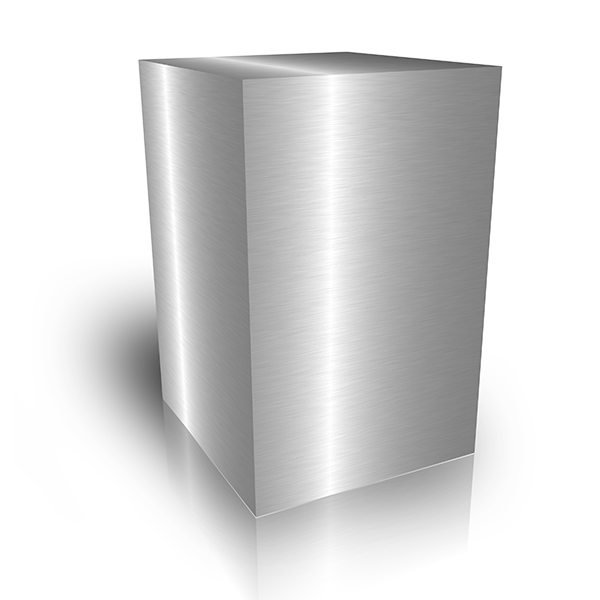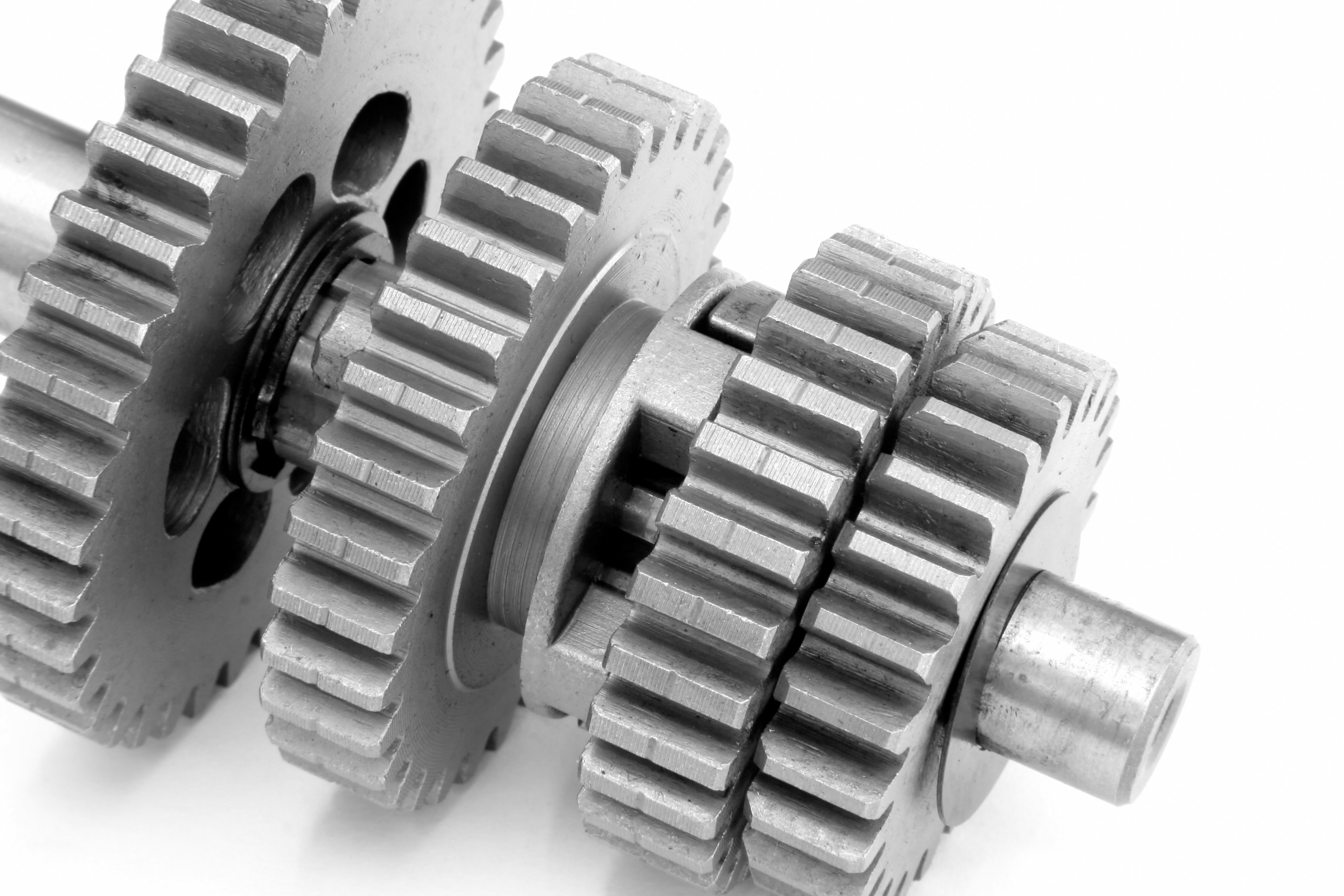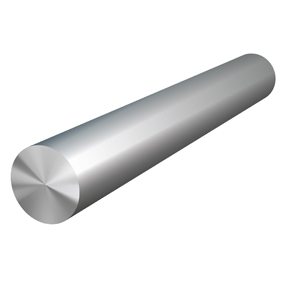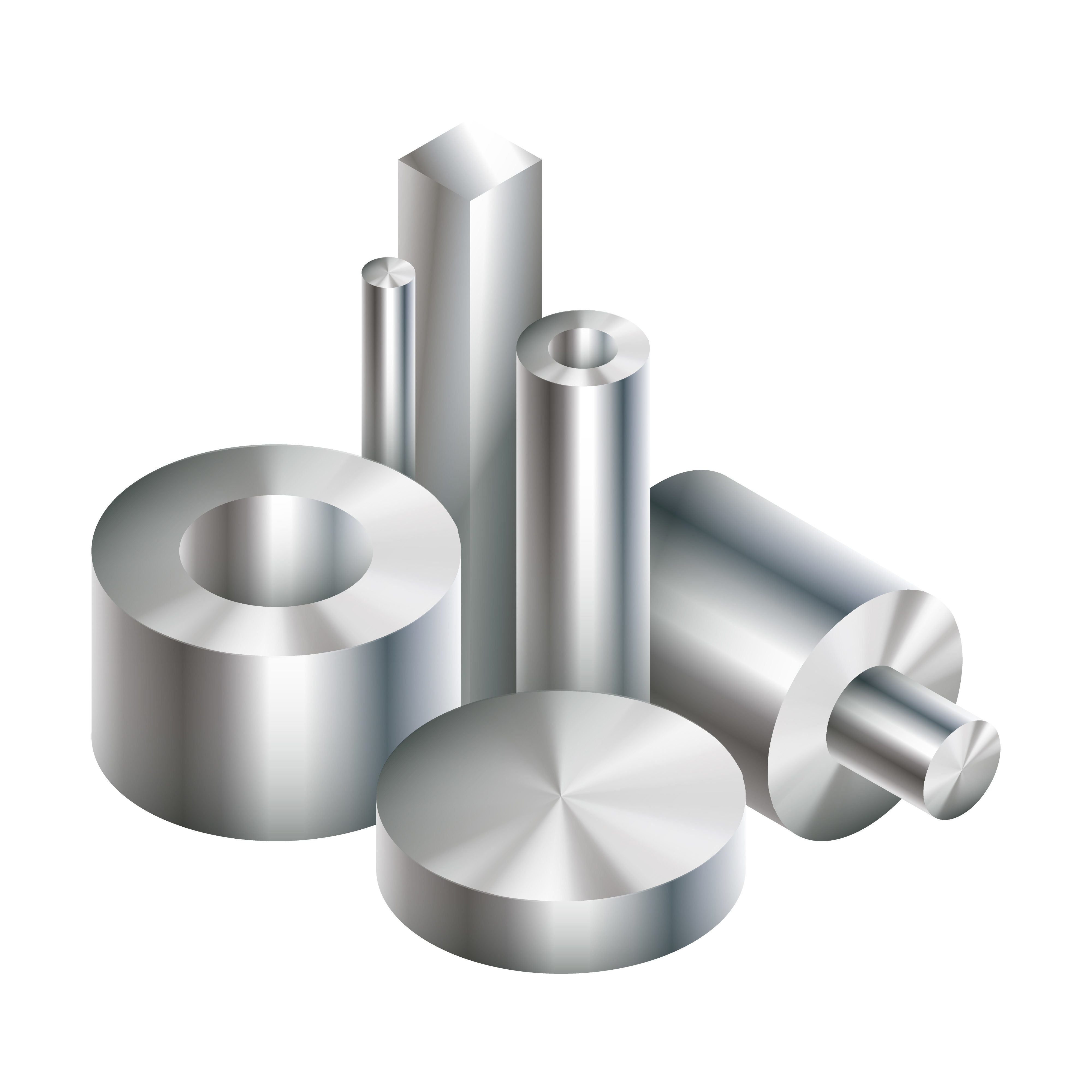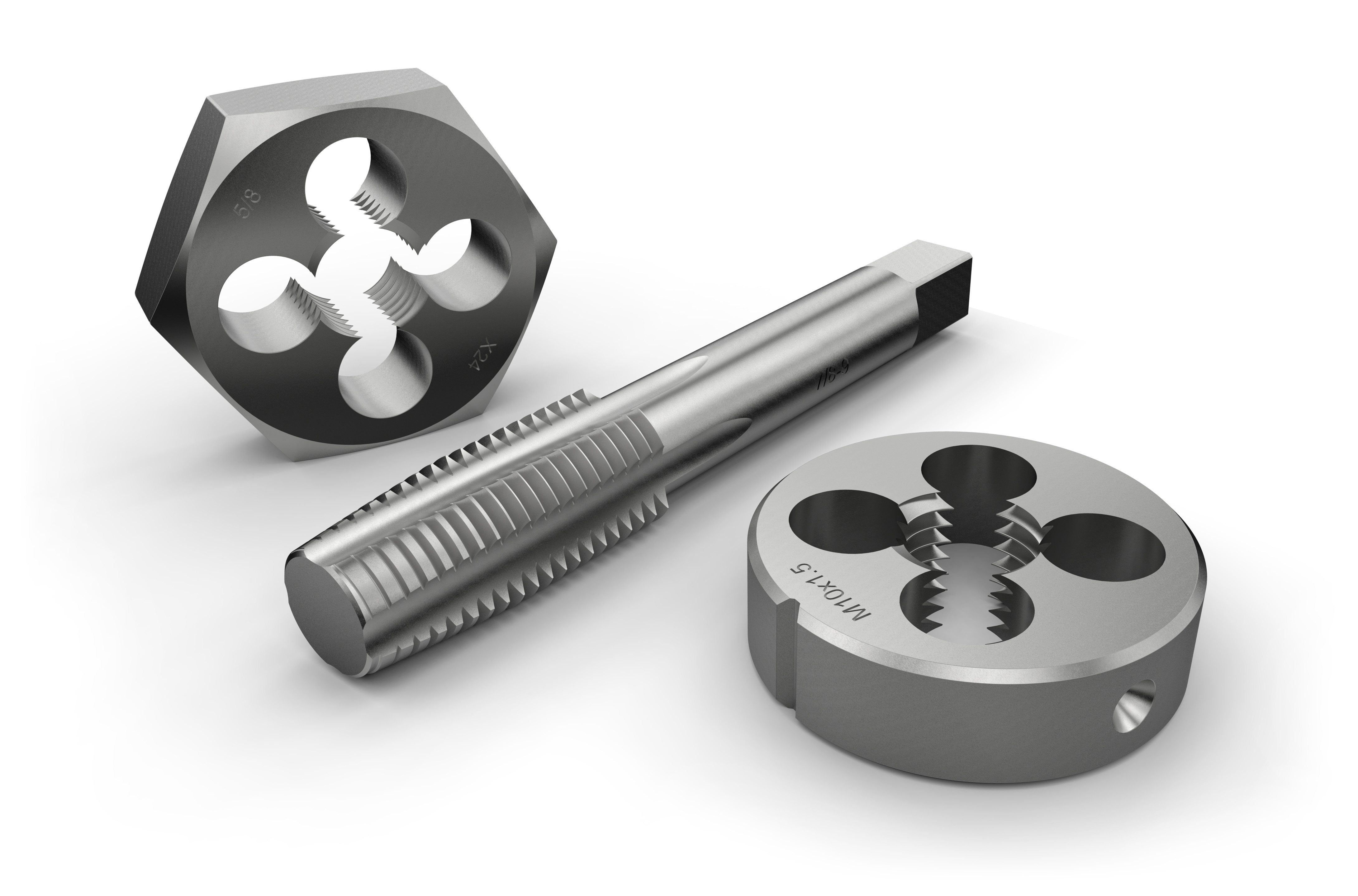Cheapest Price STEEL RING for Mexico Manufacturer
Short Description:
Outer diameter up to 2.400 mm Height up to 2.200 mm Weight up to 25.000 kg
Cheapest Price STEEL RING for Mexico Manufacturer Detail:
| Outer diameter | up to 2.400 mm |
|---|---|
| Height | up to 2.200 mm |
| Weight | up to 25.000 kg |
Product detail pictures:
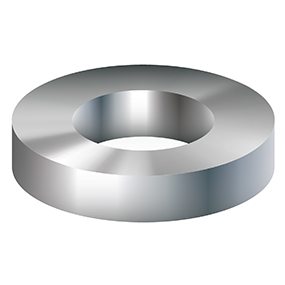
Cheapest Price STEEL RING for Mexico Manufacturer, The product will supply to all over the world, such as: , , ,
From https://www.kevincaron.com – Artist Kevin Caron shows how to seamlessly weld together two pieces of metal pipe, rod or square tubing ….
Sometimes you are working on a project – making a fence, a cage, whatever – and your pipe or rod is a little short, so you want to add a piece of scrap to get your correct length and have a smooth piece of pipe. To show you how to join them to make a single piece of metal pipe or rod, Caron starts by taking two lengths of metal pipe over to his chopsaw. But before he puts his stock into the saw, he uses his framing square to check against the backstop and the blade to make sure the chopsaw is set at 90 degrees before he makes his cut. Once that’s confirmed, he secures the stock. Caron emphasizes, though, that when you put your stock into the chopsaw, you don’t have to crush it – just make sure it’s snug. He puts on his safety glasses and hearing protection, then cuts off the ends of both of the pieces he is going to join to get a clean, straight area. Next he goes over to his bench grinder, which he’s modified so he can add a 4-1/2″ soft pad – which he usually uses on his hand-held angle grinder – on the outside of the grinding wheel. He dresses the edge of each pipe, giving it a nice chamfer, or bevel, and touches the flat end of the pipe to remove any burrs so it will jig up neatly. He lays both pieces of pipe on a piece of thick-walled angle iron, which gives him a straight 90-degree edge – the angle iron is great for square tubing and pipe. Everything fits together and lines up so he can weld down into the joint. He has a good kerf that gives ample penetration while allowing him to grind the welded joint smooth and flush. Next he clamps down each pipe with a Kantwist clamp, which has an X in its bottom pad that lets you lock everything in place. Because it’s a tiny joint, Caron uses 1/16″ E3 tungsten sharpened almost to a point and some 1/16″ filler rod in his TIG welder. Caron then tacks both sides of the pipe because a single tack on the top can result in a bow. Then he welds a small tack on the top, rolls the pipe over, reclamps it, and gets a tack on the other side. So now he has tacked it on all four “corners.” Then he welds between the tacks. When the welding is done, he lets the pipe cool down a minute or two, then uses his 4-1/2″ angle grinder with a soft pad to smooth the surface. Caron checks his work with a straight edge, looking for light between the pipe and the straight edge. Finally, he can finish the job with some 80 grit and some 120 grit with long passes to hide the weld. For more how-to videos, visit https://www.kevincaron.com
